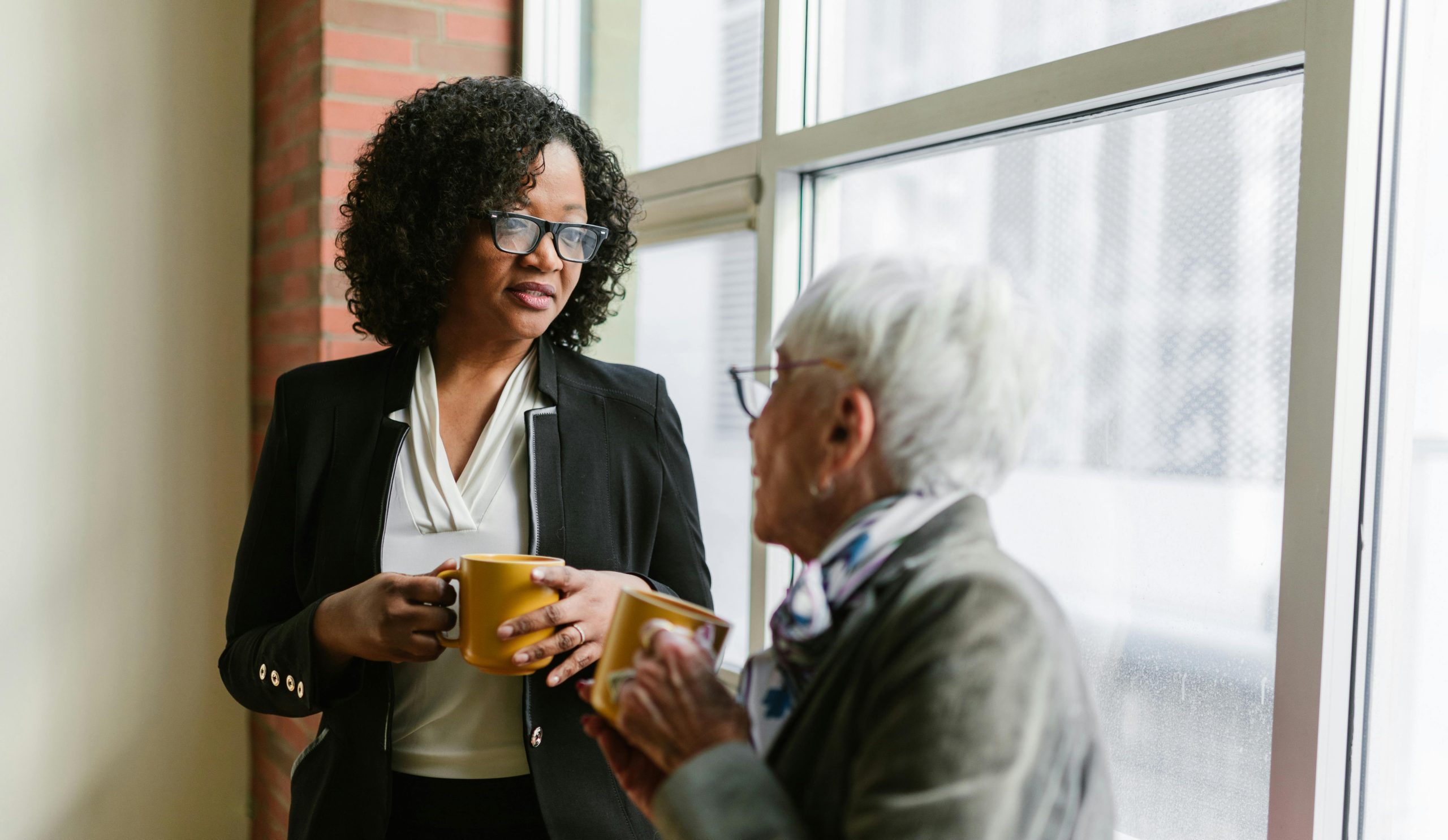In recent years, a fair amount of healthy discussion in the workplace has centered on the idea of intergenerational divide. Terms associating specific age groups with broad characteristics have become common and articles, books, Ted Talks, etc. abound. To give an example: I am a “Gen-Xer” and as a consequence fall somewhere in between, generationally speaking. Gen-Xers are described as independent, adaptable, and tech-savvy and are people who value work-life balance and efficiency. We are also credited with amazing social movements like Grunge music but I digress.

Perhaps I am a bit cynical about the idea of intergenerational divide (another sign of me being a Gen-Xer — I know, I know) but I question the validity of this premise as it strongly argues that people are defined by their culture and not just their aptitude, skill and/or interests. And more importantly by focusing on this idea as a socially constructed divide, it oversimplifieswhat is, at heart, one of the real issues for management: team dynamics. For instance, while older workers (aka Baby Boomers) are defined by their strong work ethic and loyalty, nonetheless they should not be termed “old hands” and neither should young professionals (aka Millennials) who are often portrayed as creative and adaptable be relegated to the idea of a whiz kid.
In my field of information science, or more specifically, library work, we often discuss the concept of the digital divide, defined by Merriam Webster as “the economic, educational, and social inequalities between those who have computers and online access and those who do not.” However this idea can extend further to the accessibility of basic resources and/or information that government agencies such as public libraries provide. At this point you may be questioning why I am drawing this comparison since, other than a focus on the word “divide”, these two concepts appear on a surface level to be rather dissimilar. But just as you might focus on the digital divide as an issue based solely on the technology component — and consequently overlook the greater argument concerning accessibility — discussion of generational differences in the workplace often positions groups at odds with one another, instead of focusing on the team dynamics needed to achieve effective collaboration.
In the last year, my staff and I have weathered some change on our team and as part of our overall agency operational objectives. Some staff members have transferred to new locations; others have left the agency and just recently a new hire joined our branch. Aside from the challenges of onboarding new people, one of the dynamics that I contend with as neighborhood library manager is the overall harmony of the group and how issues such as differing age groups affect morale and teamwork. Interestingly, though, what I quickly found is that while cultural factors such as age have some bearing on group synergy, other characteristics such as skills, aptitudes, interests, or even seniority with the agency bear just as much weight on this issue, if not even more. So why do we continue to be so eager to simplify group dynamics to more common denominators such as generational differences?
The conclusion I am starting to reach is that it simply makes for a more compelling argument, even if we know that this information may not be factually true. This argument predetermines the potential for camaraderie in broad terms; but in management we know that building a team not only takes time but is hard work. As individuals who come together, differing age groups can be effective as a repository of institutional knowledge and experience but is also tempered by creativity and flexibility to see agency initiatives through. In my experience, encouraging communication amongst my staff has been a key element to promote cooperation but what has worked for me might differ if you are looking for tips for your teamwork. However, what I think you will find is that by focusing on intergenerational collaboration it helps to facilitate mutual understanding and respect among your colleagues or employees.
Erin Farquhar is a Branch Manager for DC Public Libraries in Washington, D.C. Erin holds a bachelor’s and a master’s degree in English Literature and Folklore, as well as a MLIS. She has worked in quite a few of DC’s wards, and enjoys working with those communities.
Erin has stated, “Now, as a manager within this infrastructure I look to further develop the practices of strategic thinking and plan implementation. As libraries continue to develop their social role in order to build strong vibrant communities, I would like to mirror this direction in order to help shape the ideas and perspectives that are central to an innovative society. Any metamorphosis can be a slow process but a caring workforce reflects the commitment of all its employees.





Leave a Reply
You must be logged in to post a comment.